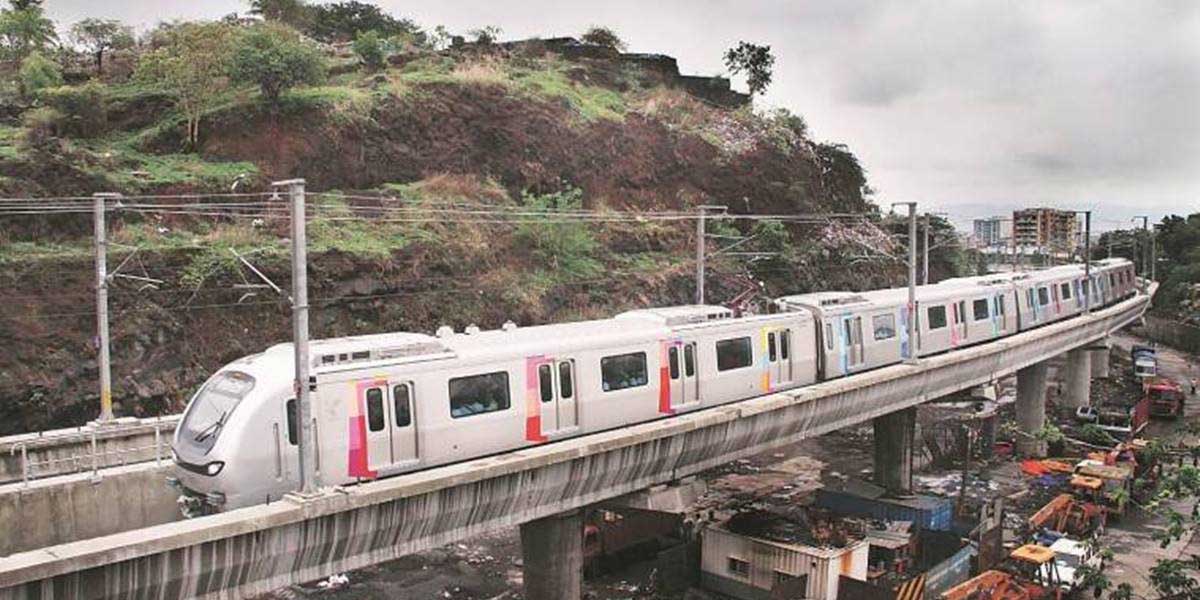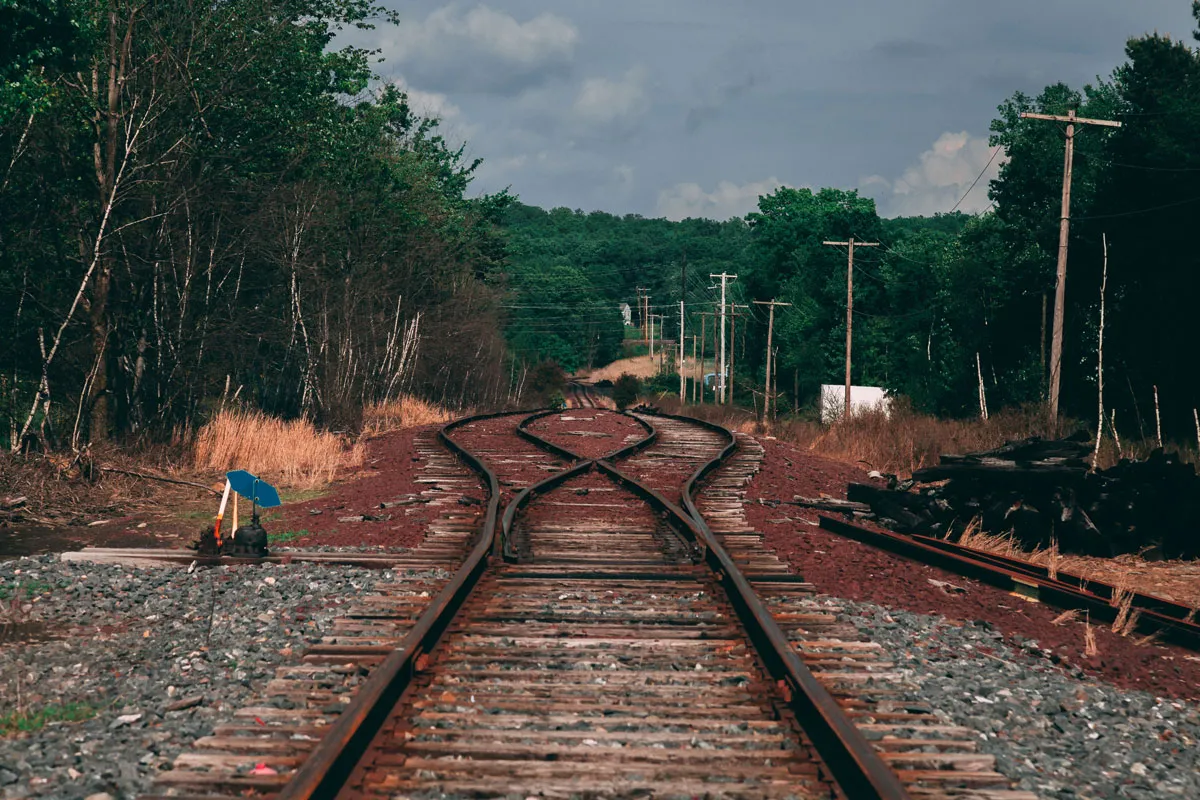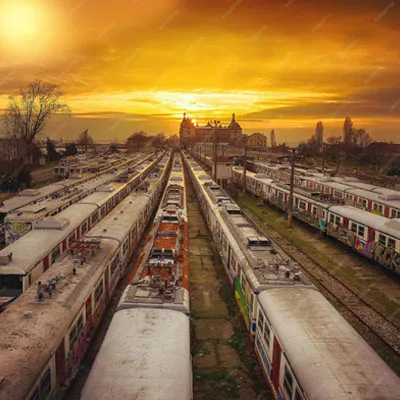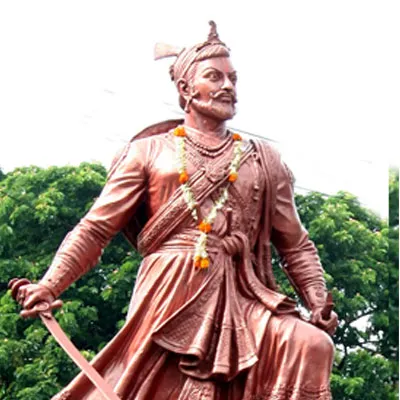
Mumbai’s Metro Line 2A, 7 clear designs and standards testing
Read full article
CW Gold Benefits
- Weekly Industry Updates
- Industry Feature Stories
- Premium Newsletter Access
- Building Material Prices (weekly) + trends/analysis
- Best Stories from our sister publications - Indian Cement Review, Equipment India, Infrastructure Today
- Sector focused Research Reports
- Sector Wise Updates (infrastructure, cement, equipment & construction) + trend analysis
- Exclusive text & video interviews
- Digital Delivery
- Financial Data for publically listed companies + Analysis
- Preconceptual Projects in the pipeline PAN India

Punjab, Centre Fast-Track Rajpura-Mohali Rail Line Development
The central government has fast-tracked the construction of the Rajpura-Mohali rail line to enhance connectivity in Punjab. This ambitious infrastructure project, aimed at improving transportation links between Rajpura and Mohali, has been identified as a key step in fostering regional economic growth. Union Minister for Railways, Ashwini Vaishnaw, announced the project’s acceleration during a recent assessment of the area. The rail line is expected to play a significant role in reducing travel time, promoting industrial growth, and boosting logistics efficiency in the region. The project,..

NFR Launches Key Railway Projects to Boost BTAD Connectivity
Northeast Frontier Railway (NFR) has unveiled major railway projects to enhance connectivity and economic growth in Assam’s Bodoland Territorial Area Districts (BTAD). These initiatives align with the national Viksit Bharat vision, focusing on regional development and job creation. A key project is the Wagon Periodic Overhauling (POH) Workshop in Basbari, Kokrajhar. The workshop, costing Rs 2.56 billion in phase one, will initially overhaul 75 wagons per month, scaling up to 250 in future phases. Its location near Basbari station and Rupsi Airport will boost logistics and local employment. ..

Aurangabad Railway Station Renamed to Chhatrapati Sambhajinagar
The Aurangabad Railway Station in Maharashtra has officially been renamed Chhatrapati Sambhajinagar Railway Station, according to a release by Central Railway on October 25, 2025. The new station code will be ‘CPSN’. This decision follows the Maharashtra government’s gazette notification on October 15, issued by the BJP-led Mahayuti government. The change aligns with the city’s renaming in 2022 under the leadership of Chief Minister Eknath Shinde. The new name honors Chhatrapati Sambhaji Maharaj, the son of Maratha king Shivaji Maharaj. The renaming of the railway station comes three..
















